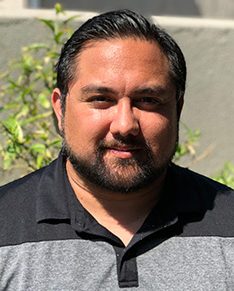Common myths about obsessive compulsive disorder


Obsessive compulsive disorder (OCD) is a well-known mental illness that affects 1 in 100 adults, according to the International OCD Foundation (IOCDF). Although there is a growing awareness of OCD, there are still common myths about the debilitating disorder. The IOCDF compiled a list of the most common myths that we will review below:
Myth: Everyone is a little “OCD” at times
OCD is not a personality quirk. It is a mental health condition that impacts people’s ability to function in their daily life. Although it is possible to have obsessive or compulsive traits and not fit the diagnosis of OCD, OCD is not a quirk that can be”turned off.” Research utilizing brain imaging shows that the brains of people with OCD are wired differently leading OCD to have a powerful influence over their thoughts and actions.
Myth: OCD is not a big deal, people need to relax and stop worrying so much
OCD is not an overreaction to daily stressors nor is it caused by an especially stressful situation. Although stressful situations can exacerbate OCD symptoms, they do not cause OCD. OCD is a debilating mental illness involving obsessions thats cause severe anxiety. In order to cope with the anxiety caused by the obsessions, people with OCD engage in ritualistic behaviors called compulsions. Compulsions are not activities that people engage in for fun. Compulsions are maladaptive means of coping that ease their anxiety in the short-term at a long-term cost.
Myth: OCD is all about being neat, clean, and washing your hands
Obsessions and compulsions related to hygiene make up a small part of a wide range of OCD symptoms. OCD also commonly involves anxiety related to loss of control, harming others, unwanted sexual thoughts, contracting diseases, among other fears.
Myth: People with OCD are “weird” and there is no hope for them to live a normal life
People with OCD can live happy and fulfilled lives with proper mental health treatment. A CBT-based intervention known as exposure and response prevention (ERP) is known as the gold standard treatment, as research finds it to be highly effective. People with OCD can also benefit from psychiatric medications, family counseling, group therapy, and the love and support of their loved ones.
The above myths trivialize OCD, which makes it harder for people to seek treatment. Improving awareness is often the first step in addressing any problem. To learn more, check out our other blog articles about OCD.
If you are interested in learning how ERP, conducted via online therapy (telehealth), can address OCD, schedule a free phone consultation.

Dr. Jason von Stietz specializes in Cognitive Behavior Therapy and Sport/Performance Psychology in Torrance, CA. He provides online therapy (telehealth) by way of the Torrance office and is available for a free initial phone consultation. Dr. von Stietz works with individuals from Long Beach, the greater Los Angeles area, and the South Bay including Palos Verdes, Redondo Beach, Hermosa Beach, Manhattan Beach, El Segundo and all over California.
